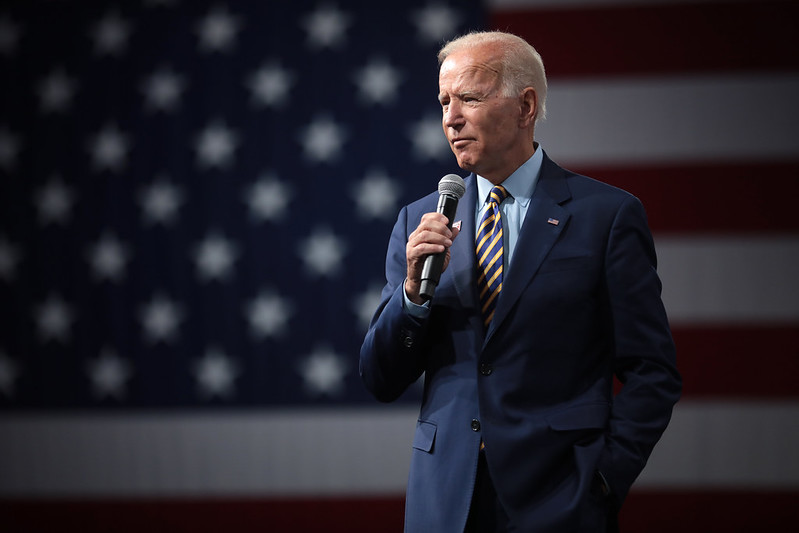Despite Trump’s declared dislike for the latest stimulus package passed by the US Congress, he signed anyway, to the rejoicing of legislators, citizens, and the stock market.
The newest bill authorizes $900 billion in aid to deal with the devastating effects to individuals, families, and the economy of the coronavirus pandemic. Included in the deal is a $600 check for every adult, expanded unemployment benefits, and more money for the Paycheck Protection Program which helps small businesses to retain their employees and stay afloat.
President Trump originally threatened to not sign the bill, saying that the payment should be $2,000 and not $600. He relented and the process of getting the desperately needed money out to the population hard hit by the pandemic is underway.
The stock market reacted positively: The S&P rose by 0.87%; the Dow Jones industrial average climbed 0.68% to 30,403.97; and the NASDAQ composite also increased 0.74% to 12,899.42.
In other, related news, the latest COVID-19 vaccine, from AstraZeneca, is about to get emergency use authorization in the UK, with the hope that the vaccine will begin deployment the first week in January 2021.
The company said that, like the Pfizer and Moderna vaccines, which are already circulating in many countries, the AstraZeneca vaccine has an efficacy rate of 95%.
